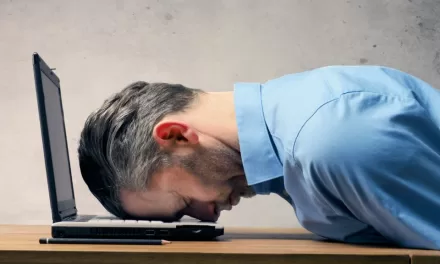In an exciting discovery, a team of neuroscientists from the University of California, Santa Barbara, has found that even brief, high-intensity bursts of exercise can significantly improve cognitive function. While it has long been established that regular exercise over time benefits both physical health and brain function, this new study suggests that acute physical activity—short, vigorous bouts of exercise—can also have a meaningful impact on memory, attention, and executive functioning.
The study, titled “A systematic review and Bayesian meta-analysis provide evidence for an effect of acute physical activity on cognition in young adults,” was recently published in Communications Psychology and focuses on individuals aged 18 to 45. Researchers screened thousands of exercise studies from 1995 to 2023, analyzing the data to better understand how different forms of exercise affected cognition.
Key Findings:
Lead author Jordan Garrett and senior researcher Professor Barry Giesbrecht revealed that cycling and high-intensity interval training (HIIT) were the most effective forms of acute physical activity. These exercises had the most consistent positive effects on cognitive functions such as memory, attention, and information processing. Interestingly, they found that shorter workouts—less than 30 minutes—produced stronger cognitive effects than longer sessions.
“We found that vigorous activities had the largest effects,” said Giesbrecht, who is part of UC Santa Barbara’s Department of Psychological & Brain Sciences. “The effects were strongest for studies that tested cognition after exercise, as opposed to during.”
One of the study’s most intriguing findings was that executive functioning, a cognitive domain related to tasks like decision-making and problem-solving, showed the most significant improvement after intense exercise. According to Giesbrecht, this suggests that not only does acute exercise improve basic cognitive functions, but it could also enhance more complex cognitive abilities.
Small but Meaningful Effects
Although the overall cognitive enhancements from single bouts of exercise were modest, the study hints at untapped potential for integrating exercise into tasks that blend physical and mental challenges. This could amplify the benefits of short-term exercise on the brain.
“The overall effect of a single bout of exercise was generally on the small side,” Giesbrecht noted. However, the research team hypothesizes that using tasks that require both physical activity and cognitive engagement could produce more significant improvements.
With these insights, the team is already planning follow-up experiments to test this theory further, combining laboratory tasks with real-world activities.
The study adds to the growing body of evidence supporting the benefits of physical activity on brain function. While steady, long-term exercise has long been known to promote neurogenesis—the process of forming new neurons in the brain—this new research highlights that even short, vigorous activity can have immediate, albeit small, effects on cognitive health.
For more information, the full study by Jordan Garrett and colleagues can be accessed in Communications Psychology under DOI: 10.1038/s44271-024-00124-2.












